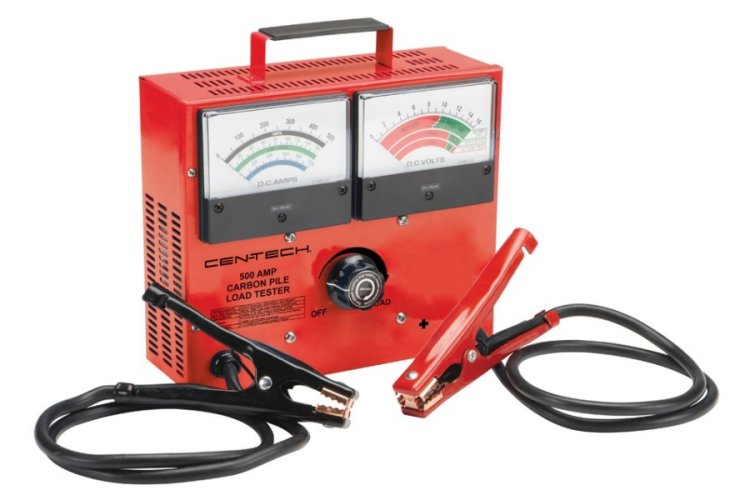globalrider
Alps Adventurer
Sure. But you knew what you were doing and had a real protocol. Not the same thing as the shelf stocker, floor sweeper at your local auto parts store who hooks up the load and walks away to ogle the girl that just walked in looking for a wiper blade.
Paul, I was wondering if you yourself had one overheat or explode. Sure it can happen, just like motorcycle accidents happen, but I have a better chance of the latter happening.
Batteries can explode when they give off hydrogen gas if they are defective or overcharged. Never happened to me in over 50 years of battery handling.

